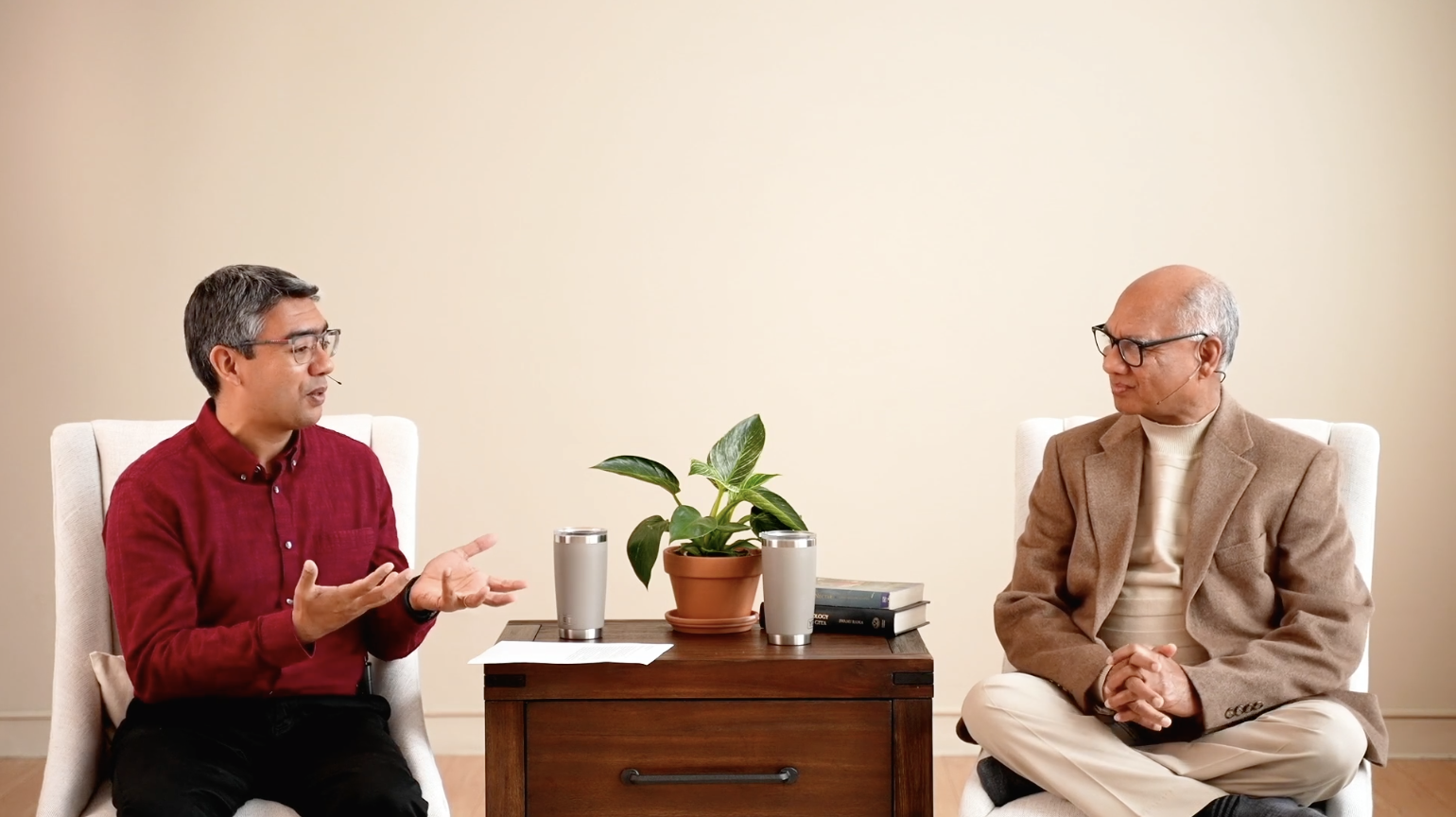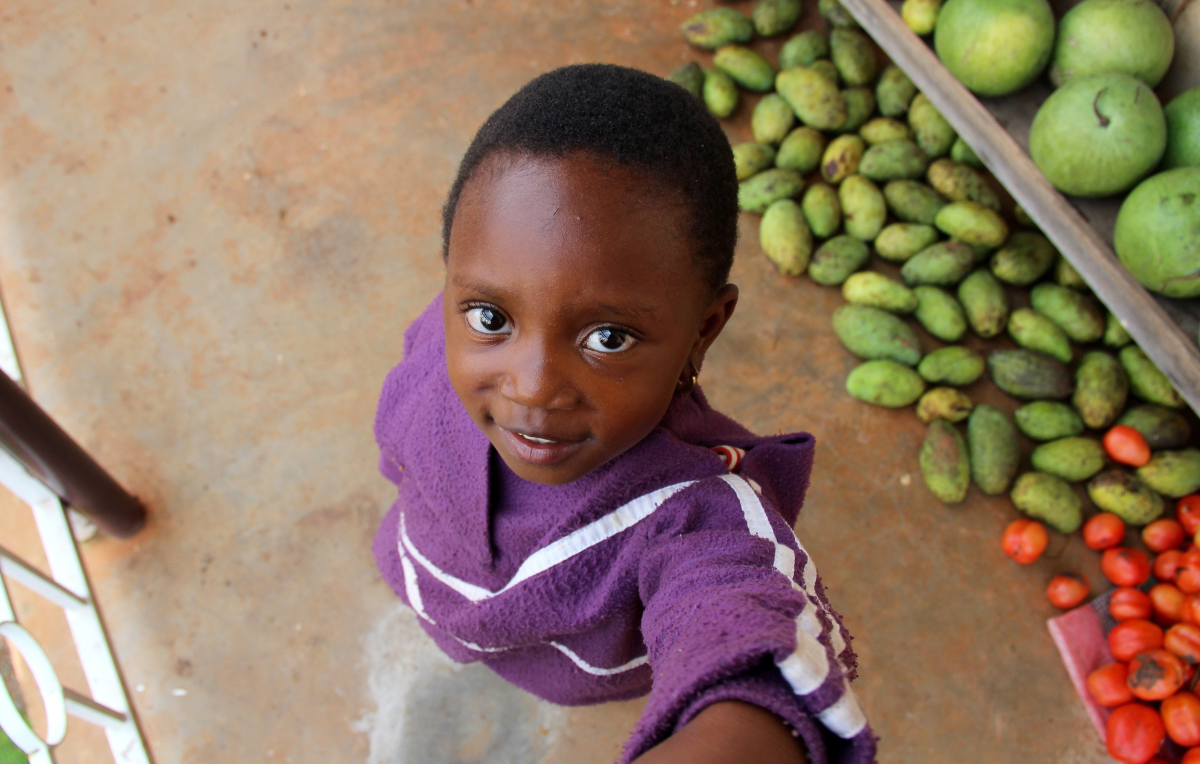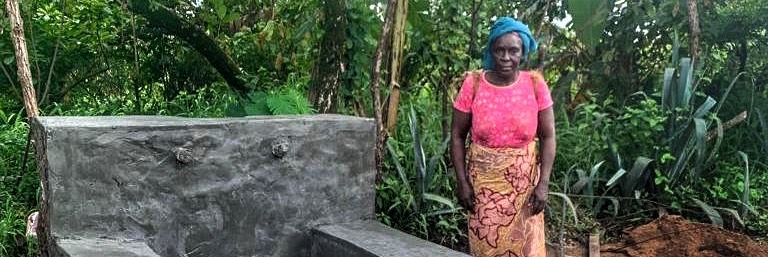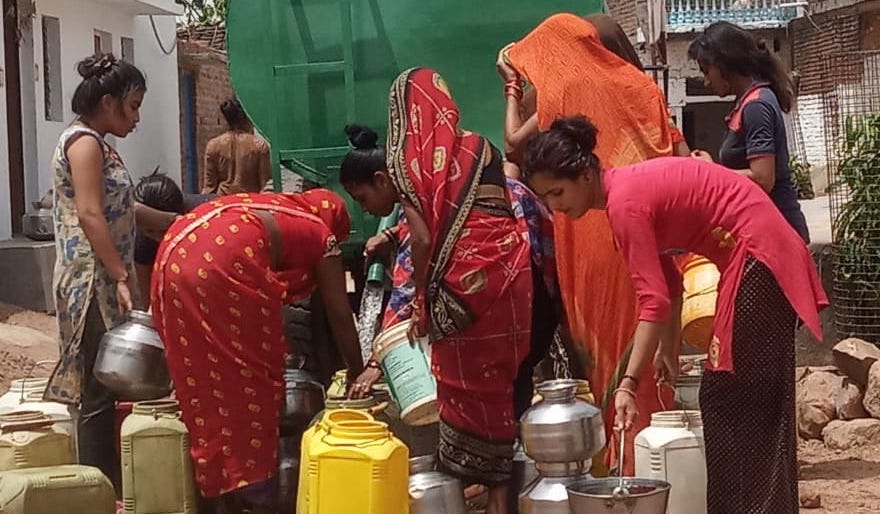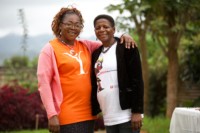Four years ago, we started the Total Health Program with a simple idea: shore up the gaps in Africa’s medical systems by training a new generation of holistic health care workers cheaply and effectively. This year, our locally trained consultants are using locally grown herbs to treat members of their own communities. As part of the events of the 64th annual World Health Day, we take a look at the state of preventative health care, our underlying methodology, around the world.
In the US and Europe, there has been much hand-wringing over the demise of the old-fashioned family doctor. This general practitioner, the one who tends to an entire family, remembers years of patient history, and gives you a stern lecture during your checkup about the need to quit smoking and lose weight, was an authority figure responsible not just for acute illnesses but also for the long-term health of you and your family.
Instead of the family doctor we now have referrals and a network of specialists. In fact, for many of the most common diseases, like diabetes, high blood pressure, and arthritis, our first stop is not a primary caregiver or family doctor but rather the corresponding endocrinologist or cardiologist. We have disincentivized the kind of medicine that looks at the big picture and makes recommendations for staying healthy. To put our own medical system back on track, we need new incentives.
Throughout Africa and Southern Asia, doctor-to-patient ratios are routinely 1:2000 or worse. To make the most of a precious resource, MDs in these countries are often cycled from one small hospital and its string of critical cases to another. Many have no time to connect with patients or instill in them the importance of proper diet and hygiene.
The most cost-effective solutions to the health crises facing the developing world are public health campaigns. We can start by targeting the health problems that are based in simple misinformation, especially around nutrition. We can also work to improve sanitation infrastructure, improve water sources, and increase the capacities of local health clinics.
The World Health Organization has declared the theme of this year’s World Health Day to be Ageing and Health. To age gracefully, patients around the world need to be empowered with greater access to preventative medicine.
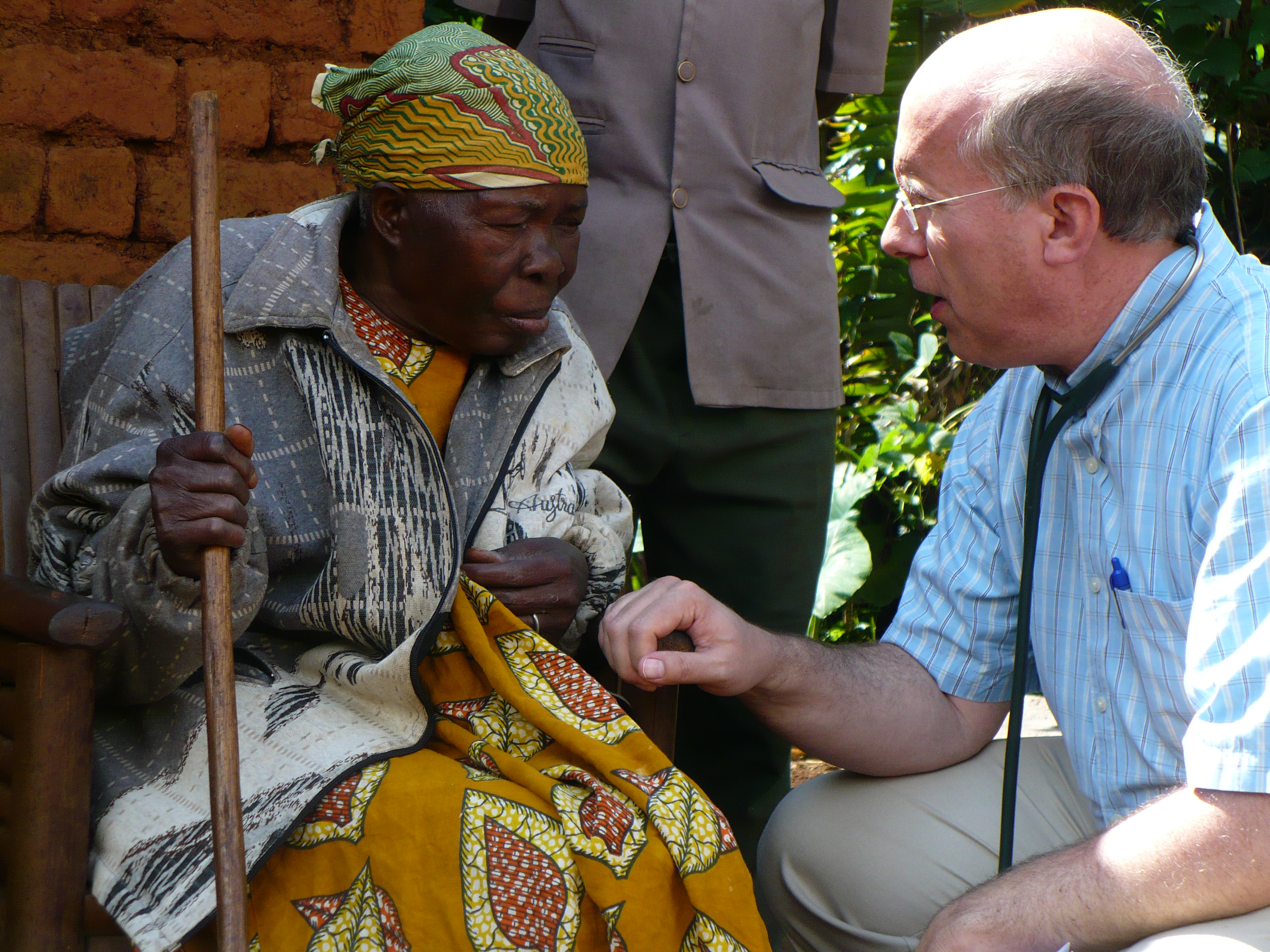
For patients in the developing world, the same shortage exists but the stakes are higher. Develop a serious health condition in rural Africa and you may not have the option of paying for the life-saving treatment you need.
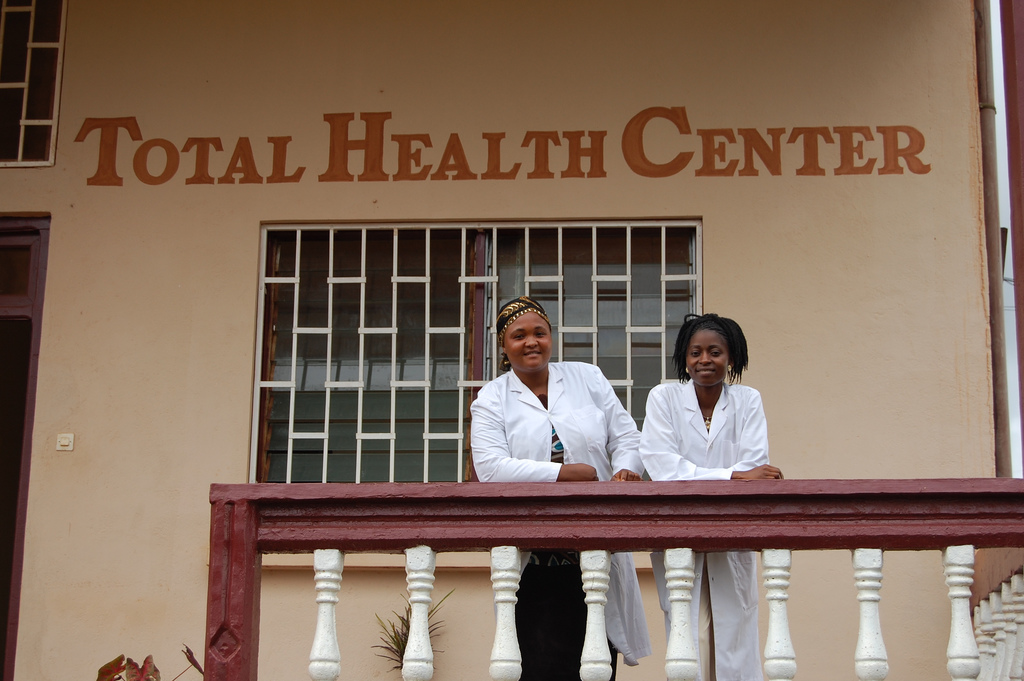
Himalayan Institute health consultants proudly posing at their center in Kumbo Cameroon.
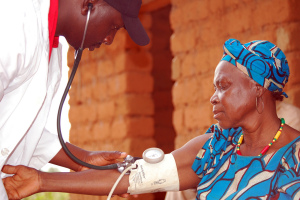
On mobile unit days the consultants take to the remote villages.
